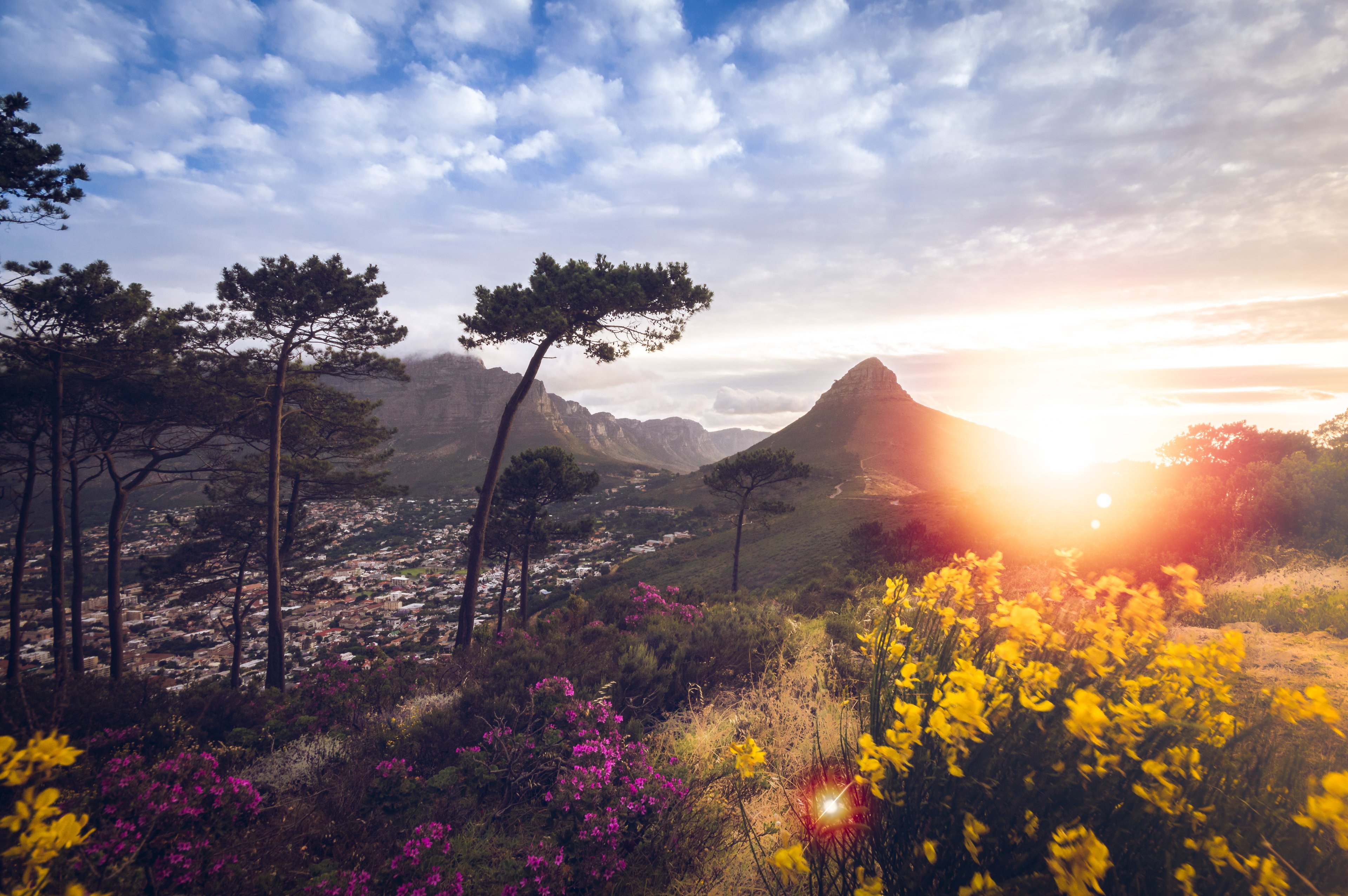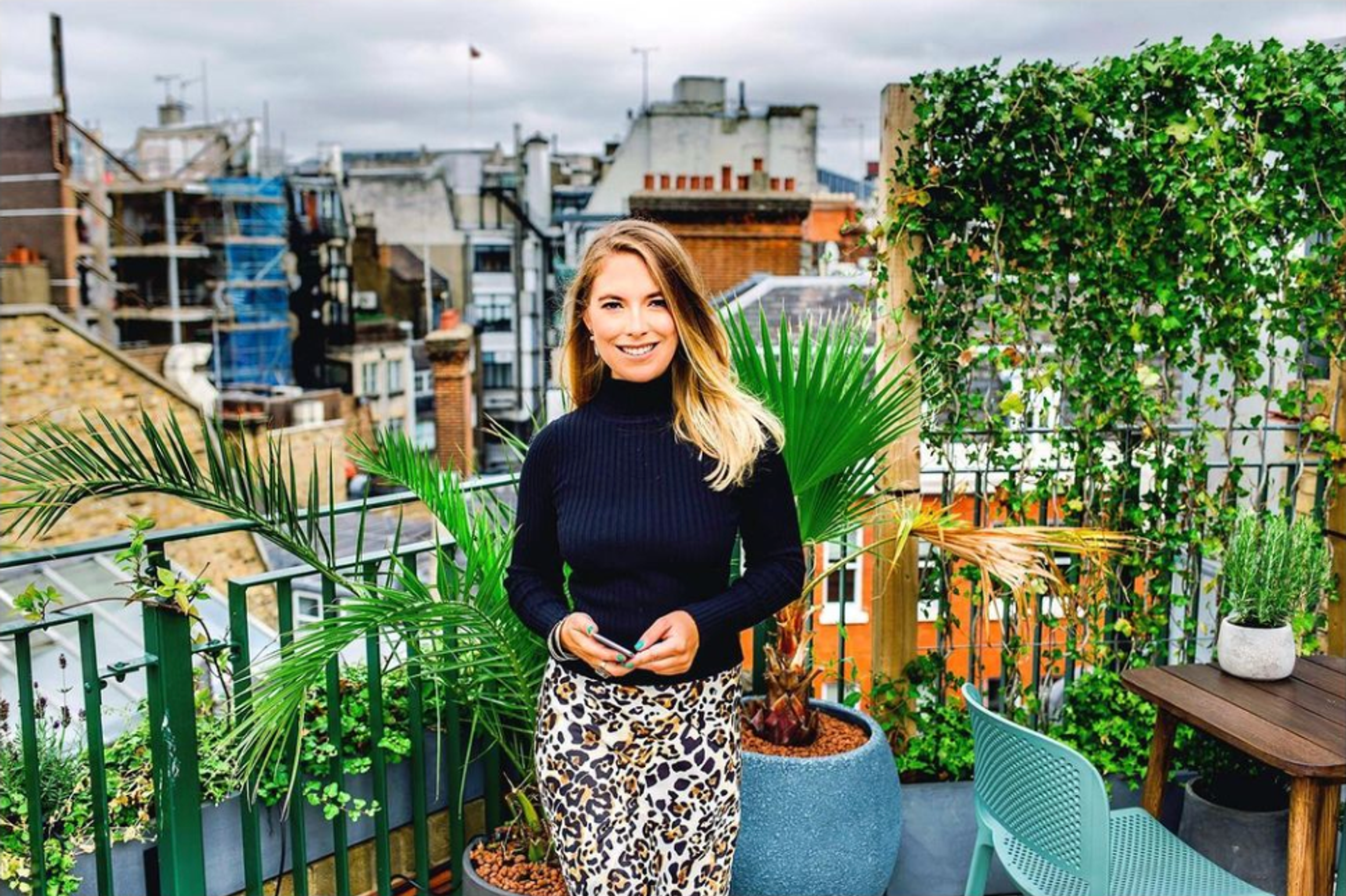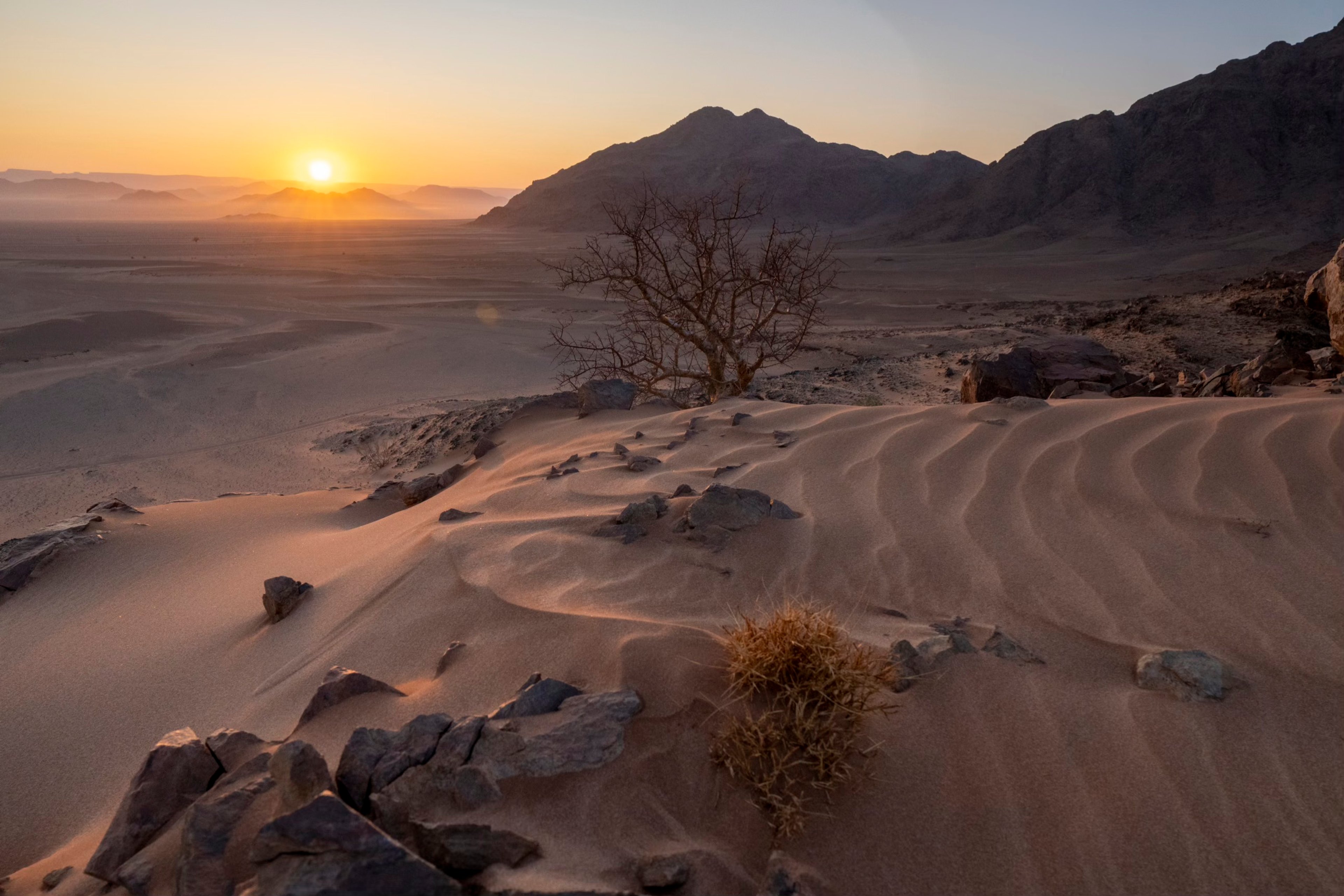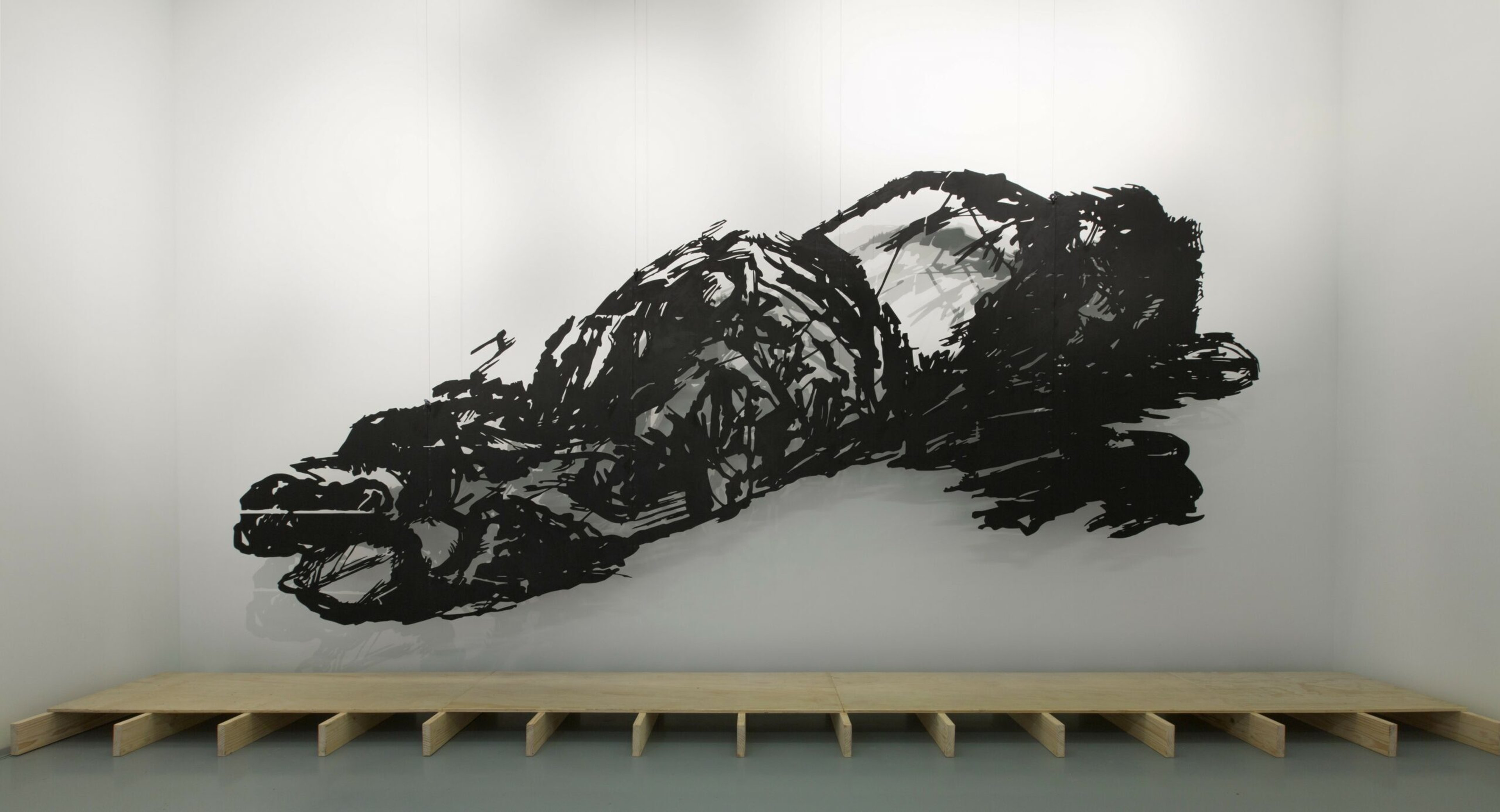“Even if we act to erase material poverty, there is another greater task, to confront the poverty of satisfaction – purpose and dignity – that afflicts us all. Too much and for too long, we seemed to have surrendered personal excellence and community values in the mere accumulation of material things. Our gross national product counts air pollution and cigarette advertising, and ambulances to clear our highways of carnage. It counts special locks for our doors and the jails for the people who break them. It counts the destruction of the redwood and the loss of our natural wonder in chaotic sprawl. Yet the gross national product does not allow for the health of our children, the quality of their education or the joy of their play. It does not include the beauty of our poetry or the strength of our marriages, the intelligence of our public debate or the integrity of our public officials. It measures neither our wit nor our courage, neither our wisdom nor our learning, neither our compassion nor our devotion to our country, it measures everything except that which makes life worthwhile.”
Spaces that nurture
Wow! Reading these words on why GNP is not a measure of what matters – more than 50 years after they were uttered by Robert Kennedy back in 1968 – is sobering. Imagine if, instead of continuing on our unstoppable quest for growth, we’d decided to balance the scales and measure inequality, wellbeing, sustainability, quality of life and the health of our planet then instead? Where would we be now? This is nowhere more evident than in the cities that, depending on who you talk to, are either brilliant or broken.
In the last two years, we’ve all questioned whether we feel truly nurtured by where we live. A pondering that has elicited what feels like a mass exodus out of cities for those who could afford it, fuelled by the growing realization that living in a city needn’t be endured and tolerated. In fact, with 68 per cent of the world’s population predicted to live in cities by 2050, there’s an ever-growing need to find a balance between sustainability, social justice and quality of life.
The wilderness’ power to instill wellbeing
This has in turn drawn people more and more towards the world’s wild places as a means to recenter themselves – something that we at ROAR AFRICA believe has the powerful ability to restore balance.
These and many other points around wellbeing have kept international sustainability expert and wellbeing advocate Claire Bradbury and I chatting for hours. First off, we were both born in Africa: Claire was raised in the South African bush and I was raised on a farm in Zimbabwe, so we both understand the transformative pull of the bush. We also both feel most at home in the wild, and yet have managed to make our homes in London and New York. The more we talked about what we love about Africa, the more we agreed that few cities in the world are truly liveable for all its citizens.
“I started observing what I lean on in the city that equates to me having a great day,” explains Claire. “I realized it was the parks and waterways, allotment and rooftop gardens – the places beyond municipal control – that made it home for me.” With a background in law and international development, Claire has worked with some of the world’s leading thinkers and organizations to develop sustainable food and agriculture, urban regeneration and social cohesion programmes. Drawing on her passion for nature and understanding of the transformative power of the wilderness, both in and outside of the city, Claire has emerged as a thought leader on wellbeing in cities.





